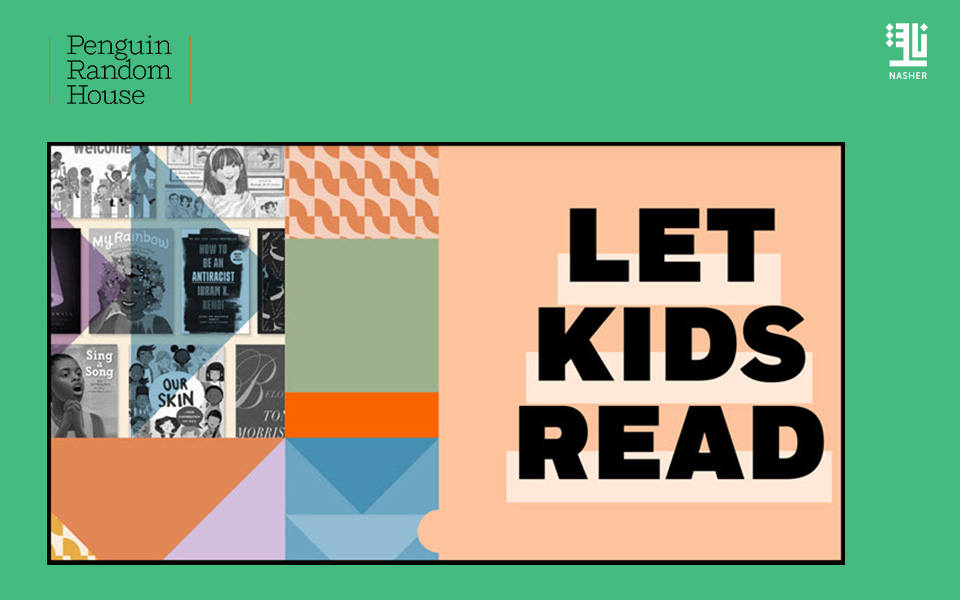Penguin Random House US has launched a Banned Book Resources site offering support and advice for booksellers, librarians, teachers, parents, students, authors, and anyone concerned with the rising tide of book bans and challengers in the US.
The site contains tips from organizations and PRH partners such as the American Library Association, PEN America, the National Coalition Against Censorship, and United Against Book Bans.
PRH says: According to PEN America, from July to December 2022, 1,477 books were challenged, from those centring racial inequality and LGBTQ+ themes to classics like The Great Gatsby and Moby Dick. These bans were driven by new laws and regulations limiting the kinds of books that children can access.
We at Penguin Random House fervently oppose these attempts at censorship because we believe that books make us better, and students in particular deserve access to a wide range of perspectives.
We stand with our authors and are committed to publishing diverse stories and rich, wide-spanning perspectives. We stand with teachers and librarians and trust their expertise on what books to share with young readers. And we stand with our readers, because everyone deserves to see themselves in a book.
The site also features a selection of banned books, grouped by category, that will be rotated regularly–a sampling of the hundreds of books being banned daily across the country–along with details about what Penguin Random House is doing to get books back on shelves and into readers’ hands.
Each resource page has an introduction from a free expression advocate, starting with PRH CEO Nihar Malaviya, who says: We believe in the power of books and their ability to make us better–as individuals and as a society. Books give us perspective; their stories allow us to feel seen and provide us with the opportunity to learn from each other’s lived experiences. The acceleration of book bannings, challenges, and related legislation sweeping across the country is a direct threat to democracy and our constitutional rights. Diverse stories deserve to be told, and readers deserve the autonomy to choose what books they read.







